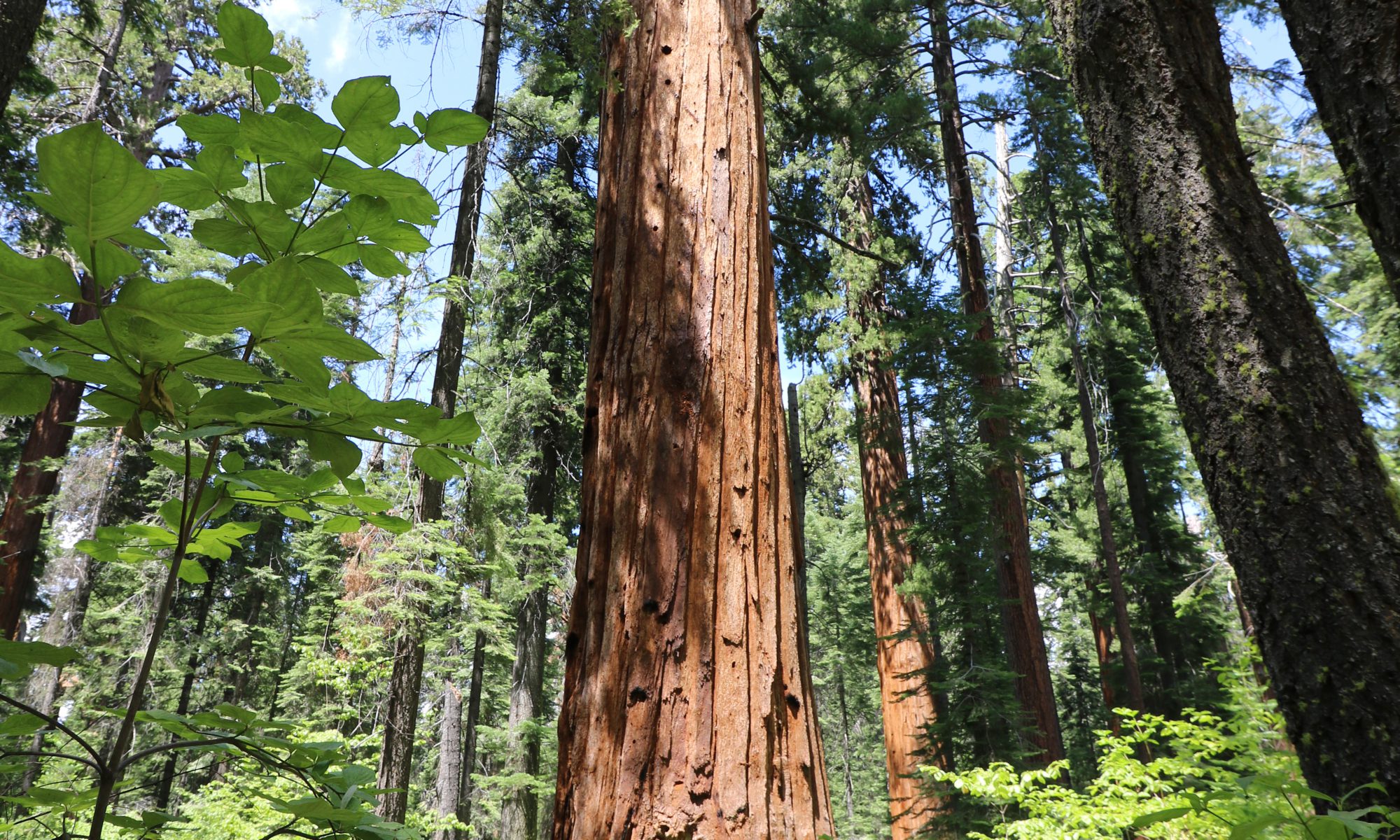Oct. 24, 2019
“April Maurath Sommer, executive director of the Wild Tree Foundation, an environmental group based in the Bay Area, said the quick approval of safety certifications amounted to a ‘rubber stamp’ and criticized how the new law shifted the burden from utilities having to prove they acted responsibly onto customer advocates needing to show power companies acted negligently. ‘It’s a David and Goliath situation now,’ Maurath Sommer said. ‘There’s an assumption of safety here that the utilities don’t deserve.'” -San Diego Union Tribune, Rob Nikolewski, California regulators approve funding for controversial wildfire law, Assembly Bill 1054 creates a $21 billion fund for fires caused by utility equipment
Read more
Wild Tree opposes California ratepayers being forced to contribute to the AB 1054 wildfire insurance fund as an unconstitutional taking of property without due process and as unjust, unreasonable, and unsafe. Unfortunately, the California Public Utilities Commission (CPUC) recently voted to approve a rate increase for the fund, thus approving a pre-bailout for future utility-caused fires.
Under this scheme, CPUC staff awards an investor owned utility (IOU) a “safety certificate” based on very low bar and the IOU is then presumed to have not be at fault for any fires they cause for the following year. SCE and SDG&E were granted a rubber stamped safety certificate 6 days after they submitted their requests.
If an IOU causes a fire, it can use the wildfire insurance fund to pay out claims to victims. The fund is paid for by ratepayers with an electricity bill increase. While there are some IOU “stockholder contributions” to the fund, stockholders make their money off the backs of ratepayers and the IOUs are all asking for increased rates of return so any stockholder contributions really derive from rates.
If parties that voluntarily engage in CPUC proceedings, such as small non-profits like Wild Tree and individual ratepayers, can prove that the IOU was negligent, reckless, and/or imprudent in causing a fire then the IOU might have to reimburse the fund. BUT, this reimbursement is capped over a three year period. The cap is set at 20% of the utility’s transmission and distribution equity rate base, less any actual or pending reimbursements during the prior three-years. For example, PG&E reimbursement cap would be approximately $2.5 billion.
PG&E has yet to meet the requirements to take part in the fund but the bankruptcy and all sorts of PG&E-related proceedings at the CPUC are being unreasonably rushed so it can take advantage of the fund. Assuming PG&E continues business as usual, under AB 1054, if an PG&E causes a future fire and the damage claims exceed $2.5 billion, even if Wild Tree or other parties could overcome a presumption of safety based upon a safety certificate and show that PG&E acted wrongly, the IOU will still be able to rely on ratepayer funds to pay damage claims for a fire it caused due to business decisions. If it caused other fires within 3 years, it might not have to reimburse the fund for any of the costs of successive fires so long as that $2.5 billion cap is reached. This creates a major disincentive for PG&E to prioritize safety over profits and is precisely the sort of deregulation of for-profit, private electric utilities that California does not need!
